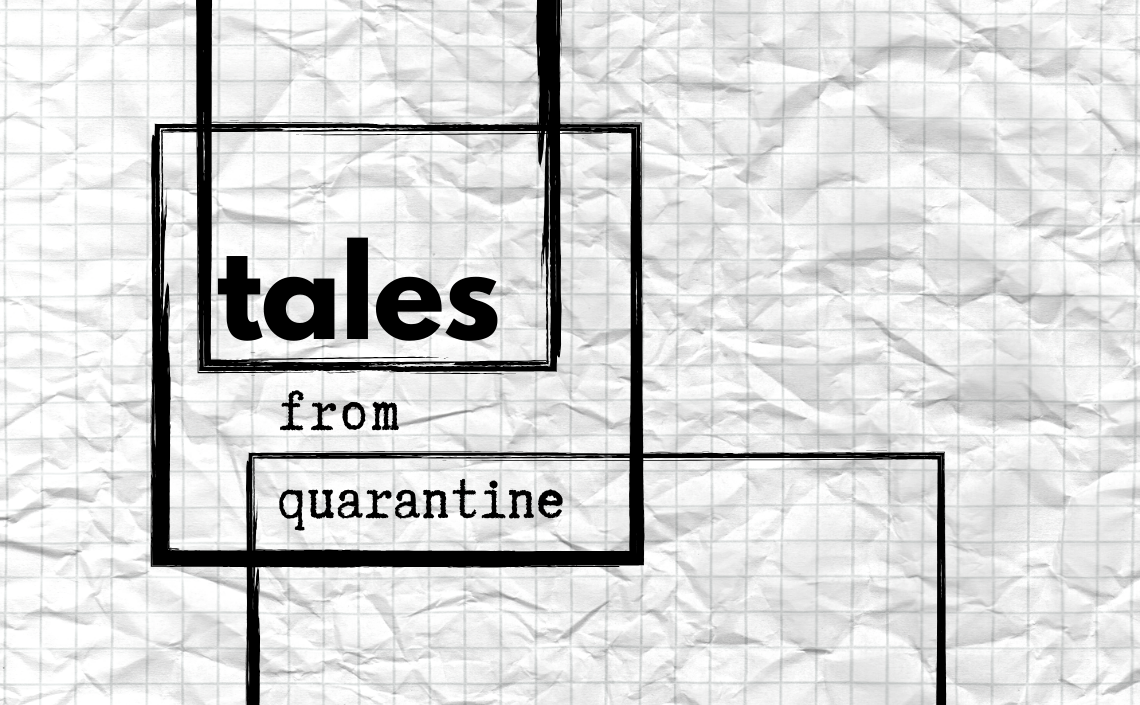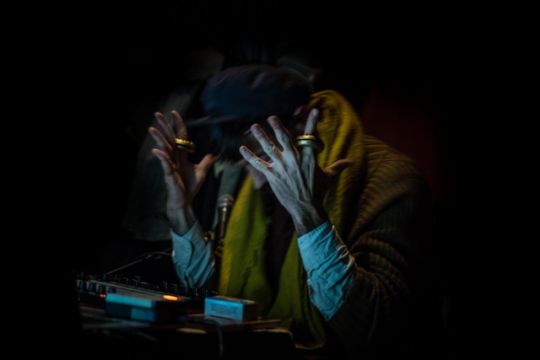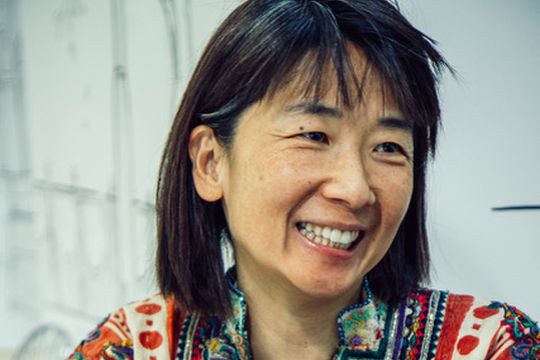Iara Lee, Activist & Filmmaker
Back in January, I was a jury member at the Peloponnisos Film Fest in Greece and after the festival decided to visit Saudi Arabia. I have been locked down in Saudi Arabia ever since. I came for a short visit to witness first-hand the progress that women are making as they achieve their fundamental rights to drive, cycle, run, not wear hijabs, and gain more freedom. But now I have been here for three and a half months. I don't know when I'll leave because all the airports and borders are still closed.
The pandemic has changed everything in my work as a filmmaker. At Cultures of Resistance Films, we were about to launch our new documentary, Stalking Chernobyl: exploration after apocalypse. We had 100 cities confirmed for its premiere on International Chernobyl Disaster Remembrance Day, April 26th. But then everything got cancelled. We had to scratch our heads to come up with a solution and decided to turn negatives into positives by launching the film online. More than 25,000 people watched the film during the premiere week, which is something that would not have been possible in physical cinemas. So this created a paradigm shift for us in terms of getting our films out to audiences. And after this great first experience, we've decided to continue on this path of online self-distribution with our next upcoming films.
The conclusion I have come to realize that "normal life" was the problem, to begin with. In our "normal" lives, there is too much being produced, too much being purchased, too much being consumed. I hope we will use this experience to understand that it's not about just going forward, doing and accumulating "more, more, more." Instead, there's actual meaning in going backwards, slowing down, and reversing the processes by which we are destroying nature and ultimately destroying ourselves. I am taking this as a call to change my actions and my way of life, including my own voraciously high level of workaholism. I believe that the place for quietness has been lost in a society that values speed, productivity, and action above all else.
Ever since the pandemic life has changed dramatically. Ordinarily, I am a nomadic person, but now, all of a sudden, I don't even leave my room. Now, I'm always in front of a computer and trying to do everything online: zoom interviews and webinars, online screenings of our films, endless emails and virtual everything. It's challenging and feels claustrophobic. But on the other hand, I'm grateful that I still have the opportunity to be locked down and am not being exposed to contagions. And I'm incredibly thankful to the doctors and nurses and all the essential workers that are out there to support society.
My life has always been a search for the beauty amidst the ugly. Most of my films have been set in conflict areas where there are extreme manifestations of ugly human behaviour, but where you can also find the highest level of courageous solidarity and compassion. What I have witnessed is that, from every negative experience, there are some very beautiful things we can observeand learn. Hopefully, once COVID is gone, I'll be on the road again, looking for more stories of people who take personal risks for the good of humanity. That is where I find my inspiration.
_____________________________________________________________________
Iara Lee is an activist, filmmaker, and founder/director of the Cultures of Resistance Network, an organisation that promotes global solidarity and connects and supports agitators, educators, farmers, and artists. Her film Burkinabe Rising was part of WOMEX 2018 and is now online on virtualWOMEX platform.You can find more of her work here www.culturesofresistance.org.
Registration for WOMEX 20 is now open! More information here!



